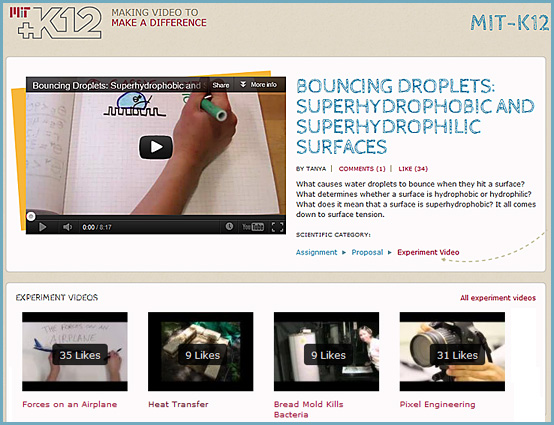About:
American school children need better educational opportunities and more compelling forms of exposure to science, technology, engineering and math (STEM)—and to the people who work in these fields. Less than 5% of all university degrees awarded in the U.S. are in engineering (compared to 45% in China and 12% in Europe); only 0.8% of these degrees are being earned by women and 0.6% by underrepresented minorities. Further, 69% of U.S. public school students in 5th through 8th grade are taught mathematics by a teacher without a degree or certificate in mathematics: 93% are taught physical sciences by a teacher without a degree or certificate in the physical sciences. This crisis in STEM education is colliding with, and being compounded by, grim economic realities in most U.S. states. As a country, we are poised to expend fewer resources on one of our most pressing long-term educational and economic challenges. The National Academies have likened this crisis to a rapidly approaching, category-5 hurricane.
MIT has a unique relationship to these issues. We don’t have a STEM problem. As a world leader in engineering and science education and research we continue to attract a strong, diverse, and technically superb applicant pool. Half our undergraduate students choose to major in engineering; half are women; and a quarter are under-represented minorities. Moreover, because of our need-blind admissions policy, 19% of undergraduates in our most recent class come from families with incomes less than $50,000 per year, 37% come from families with incomes less than $100,000 per year, and 14% are the first generation of their family to attend college. However, our unique position also presents us with an opportunity to participate in the solution for the broader problem. These are challenges for our fields, our country, and our collective future. Finding solutions is not merely an opportunity of leadership—it is an obligation.









